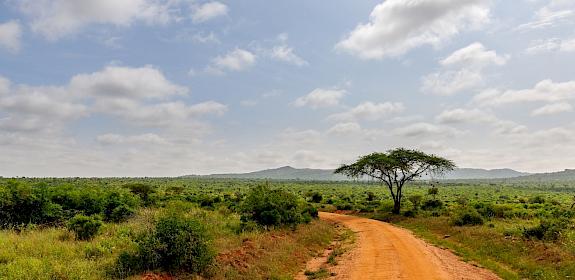Wildlife Watch: strengthening capacities for the protection of nature in Mexico
Mexico, 29th October 2014—45 participants from across enforcement agencies and nature protection Ministries in Mexico met earlier this month to develop protocols for addressing wildlife trafficking in the region.

Under the framework of the USFWS WWB MX-supported Wildlife Watch initiative, TRAFFIC, in close co-ordination with the General Attorney for the Protection of Nature PROFEPA, convened a meeting to strengthen institutional co-ordination among Mexican enforcement authorities responsible for combatting wildlife trafficking.
Unsustainable and illegal harvesting, trade and trafficking in wildlife, timber and forest products is a major threat to Mexico’s rich biological diversity, with an alarming increase in the smuggling of marine products such as sea cucumbers, seahorses, Totoaba swim bladders and corals in recent years.
Illegal trade directly undermines the possibility of local communities to benefit from sustainable, fair and legal trade practices, while in some cases, such as the Totoaba swim bladder trade, it is putting the very existence of that species and the Vaquita, the world’s most threatened cetacean, at risk.
Vaquitas are caught as bycatch in the illegal Totoaba fishery, which has expanded rapidly to meet the booming demand in China for its swim bladder as a replacement ingredient for the local bahaba fish—itself massively over-fished—in soup. The population of Vaquita has dropped from 200 individuals to fewer than 100.
During the two-day meeting, enforcement agencies spoke about their experiences in dealing with illegal wildlife trade, including a case that had led to the seizure of Totoaba swim bladders and the detention of suspects.
The agenda covered a wide spectrum of relevant topics, with presentations of case studies where inter-institutional co-ordination and collaboration both at the national and international levels had proved key for successful operations.
Delegates worked on a series of hypothetical cases and devised strategies for joint action between agencies that will now be developed into a draft co-ordination protocol to be shared among relevant institutions for use as a baseline and with the potential to be tailored by each for specific purposes.
“This was the first time the full spectrum of institutions with a role to play in dealing with wildlife crime had been brought together, including some, such as the Secretariat of the Interior National Immigration Institute, whose potential involvement in helping addressing such issues had not previously been considered,” said TRAFFIC’s Adrian Reuter.
“Wildlife Watch is helping develop a truly collaborative and co-ordinated response to the wildlife trafficking that is devastating Mexico’s natural resources.”




